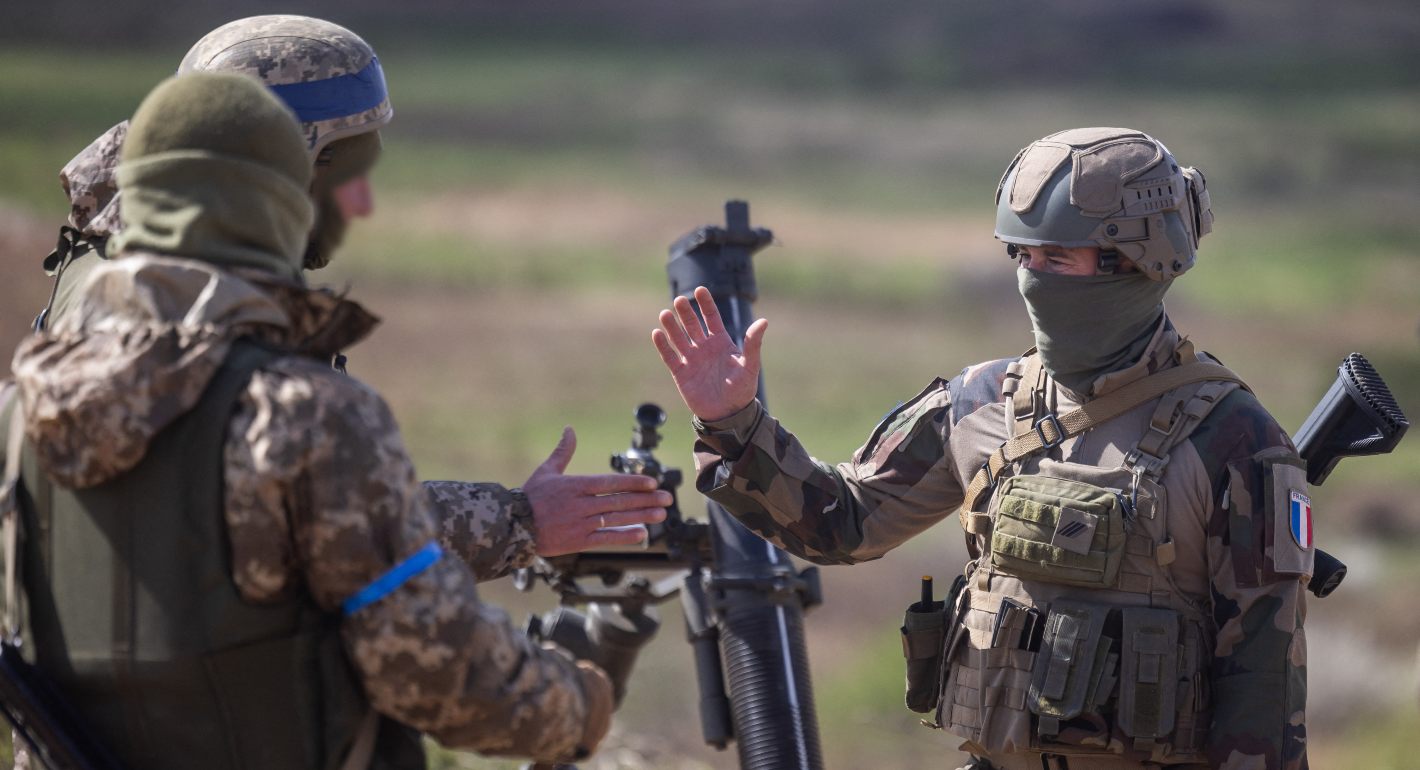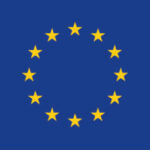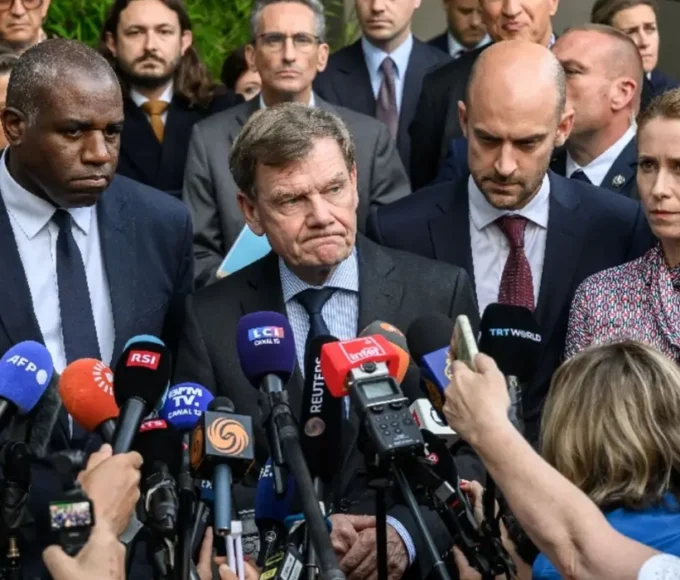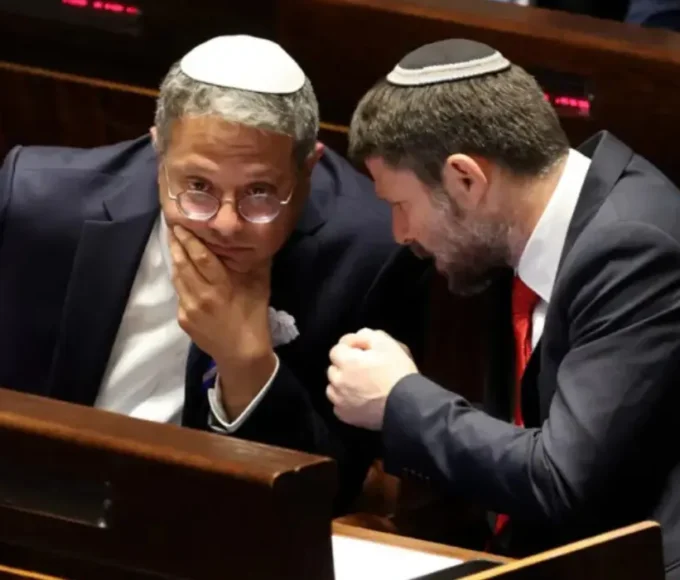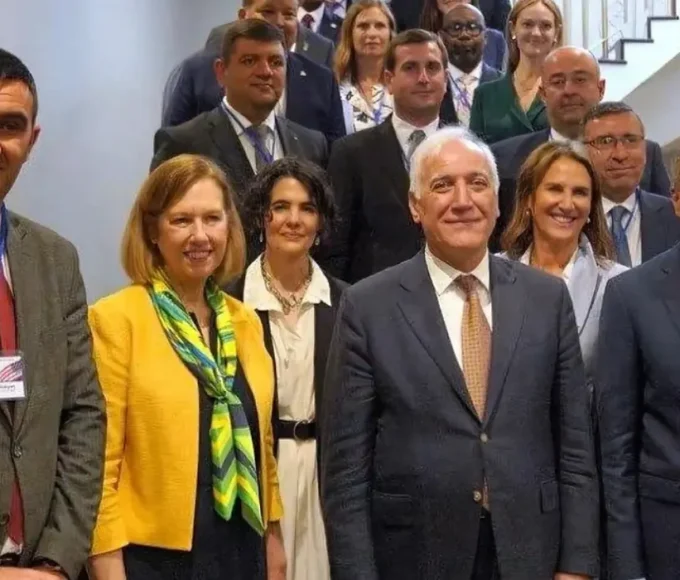There is currently “no consensus” in the European Union (EU) to send military instructors to Ukrainian soil. This is what the head of European diplomacy said yesterday in Brussels following a meeting of EU Defense Ministers, according to AFP.
A debate has begun on this possibility, “but for the moment there is no clear common position on this subject”, declared Josep Borrell during a press conference after the meeting.
French President Emmanuel Macron created controversy at the end of February by saying that sending Western troops to Ukrainian soil should not “be ruled out” in the future.
Most European countries, as well as the United States, have clearly stood out, but some countries, such as the Czech Republic, have since taken a step in its direction. Many European countries fear an escalation of the conflict in which NATO would then be involved.
Some 50,000 Ukrainian soldiers have already been trained thanks to a program financed by the European Union, and 10,000 more could be trained before the end of the year, Borrell said. For Estonian Defense Minister Hanno Pevkur, at least 100,000 are needed, according to a press release from his ministry.
Earlier, the head of European diplomacy urged the 27 to find a balance between fear of escalation and the need for Ukrainians to defend themselves, judging that kyiv must be able to strike Russian soil with Western weapons. “According to the laws of war, it is perfectly possible, and there is no contradiction, I can retaliate or fight against anyone who attacks me from his territory.” “There needs to be a balance between the risk of escalation and the need for Ukrainians to defend themselves,” added Josep Borrell.
Reaffirming Berlin’s categorical opposition, German Secretary of State for Defense Siemtje Möller indicated that it was a “sovereign decision” for her country. “Sending equipment to Ukraine does not involve NATO in the conflict. We have the right to help Ukraine without becoming a party to the conflict, because we help Ukraine maintain its right to defend itself,” replied J. Stoltenberg upon his arrival at the meeting of defense ministers of the EU.
Ukraine regularly pressures its Western partners, particularly Washington, its largest arms supplier, to allow it to use longer-range Western weapons against targets in Russia.
kyiv “has the right to defend itself” and therefore has “the right to strike legitimate military objectives outside Ukraine,” Stoltenberg said on Monday in Sofia.
Yesterday, he also stressed that once delivered, Western weapons become “Ukrainian weapons.”
Several European countries, including Estonia and the Netherlands, have been favorable to this option. “I have never excluded it (…) and I hope that other countries which have a different position will change,” declared the Dutch Minister of Defense, Kajsa Ollongren, upon her arrival in Brussels.
Separately, Poland’s foreign minister said yesterday that his country should not rule out the possibility of sending troops to Ukraine. Asked about the possibility of sending Polish soldiers to Ukraine, Radoslaw Sikorski said: “We should not exclude any option.” “Let (Russian President Vladimir) Putin guess what we are going to do,” he added in an interview with three European dailies, including the Polish Gazeta Wyborcza.
The Polish minister had already in the past raised the possibility of sending NATO soldiers to Ukraine. In March, he declared that “the presence of NATO forces in Ukraine is not unthinkable.” “I appreciate the initiative of the French president, Emmanuel Macron, because it is about ensuring that Putin is afraid, and not that we are afraid of Putin,” he said on the X network (former Twitter).
The French president expressed this idea in February, creating an outcry among Kiev’s allies, although some have since taken a step in his direction, particularly in the face of the Russian push on the eastern front. He recently once again raised this possibility, believing that the sending would be possible if Moscow penetrated “the front lines” and if kyiv requested it. That same day, Belgium committed to Ukrainian President Volodymyr Zelensky to provide him with 30 F-16 fighter jets by 2028 to support kyiv in the war with Russia.
Volodymyr Zelensky, who is traveling for a few hours to Brussels after a stop in Madrid and before another in Lisbon, was received in the morning by the Belgian Prime Minister, Alexander De Croo, to sign a bilateral agreement including this commitment. “Mr. De Croo and I signed a long-term bilateral security and support agreement between Ukraine and Belgium,” the Ukrainian president reported on the social network military expenditure of Belgium amounting to 977 million euros for the year 2024 alone, as well as this “unprecedented” commitment by the Belgians on an exact number of F-16 combat aircraft. The first of 30 “will already arrive this year,” he said.
The Belgian government, which is still waiting to take possession of the F-35s ordered to gradually replace its aging fleet of F-16s, said for its part it hoped for a first delivery to kyiv “if possible before the end of the year”.
Belgium is participating in a coalition with several other European countries (the Netherlands and Denmark in particular) to deliver F-16s to Ukraine and, initially, to train Ukrainian pilots in the use of these aircraft. After an interview with the Belgian King Philippe, Volodymyr Zelensky was to conclude his trip to Belgium with a stop at the Melsbroek military airport, near Brussels, to meet Belgian instructors and technicians specializing in F-16s.
Last week, Belgian Defense linked the possibility of delivering F-16s to two parameters: the delivery of F-35s from the American manufacturer Lockheed Martin to the Belgian Air Force, and that of spare parts to put back in service the Belgian F-16s currently immobilized for maintenance. More than the Belgian F-16s, what will make the difference for the Ukrainian army is “the delivery of anti-aircraft defense means” promised by the West, indicated the head of Belgian Defense, Admiral Michel Hofman.
Ukraine needs four times more air defense systems and “120 to 130” F-16 fighter jets to be able to claim to put an end to Russia’s domination in the air, V. Zelensky recently estimated. During his stop in Madrid on Monday, the Ukrainian leader called on the West to force Russia into peace “by all means”, at a time when kyiv is demanding the ability to use Western weapons to strike Russian territory.
For its part, Sweden decided yesterday to suspend its plan to send Gripen fighter jets to kyiv, responding to a request from partner countries to first prioritize the delivery of F-16s to Ukraine, according to the ministry. Swedish Defense. “Other countries (…) asked us to wait before donating the Gripen system,” said Defense Minister spokesperson Pal Jonson. “Our coalition partners (…) emphasize that the simultaneous introduction of two air combat systems is very complex and now it is appropriate to focus on the introduction of the F-16 system into the Army. “Ukrainian air,” he said.
Warning from Moscow
For his part, Russian President Vladimir Putin warned yesterday against the use of Western weapons targeting Russian territory, citing the risk of “serious consequences”. “In Europe, especially in smaller countries, they have to think about what they are playing with. They must remember that they are often states with a small territory and a very dense population,” warned V. Putin during a press briefing in Tashkent, Uzbekistan. “This factor is a serious thing that they must have in mind before talking about striking deep into Russian territory,” he continued. “This permanent escalation can have serious consequences.”
Ukraine demands to be able to use weapons delivered by the West against military targets on Russian territory, but the subject deeply divides kyiv’s supporters. Among the most reluctant, Italy and Germany brandish the risk of escalation, with the underlying fear of the use of nuclear weapons by Vladimir Putin.
According to the Russian head of state, this would be an escalation because even if it is the Ukrainian military who would carry out the strikes, they would be prepared by the Westerners who supply the weapons. “The task is not prepared by the Ukrainian army, but by representatives of NATO countries,” he said, further accusing the West of wanting “a global conflict”.
On Monday, kyiv announced that French instructors were going to go to Ukraine “soon” to train Ukrainian troops, before backpedaling and indicating that they were still “in discussions with France and other countries on this issue”.
This article is originally published on elwatan-dz.com


